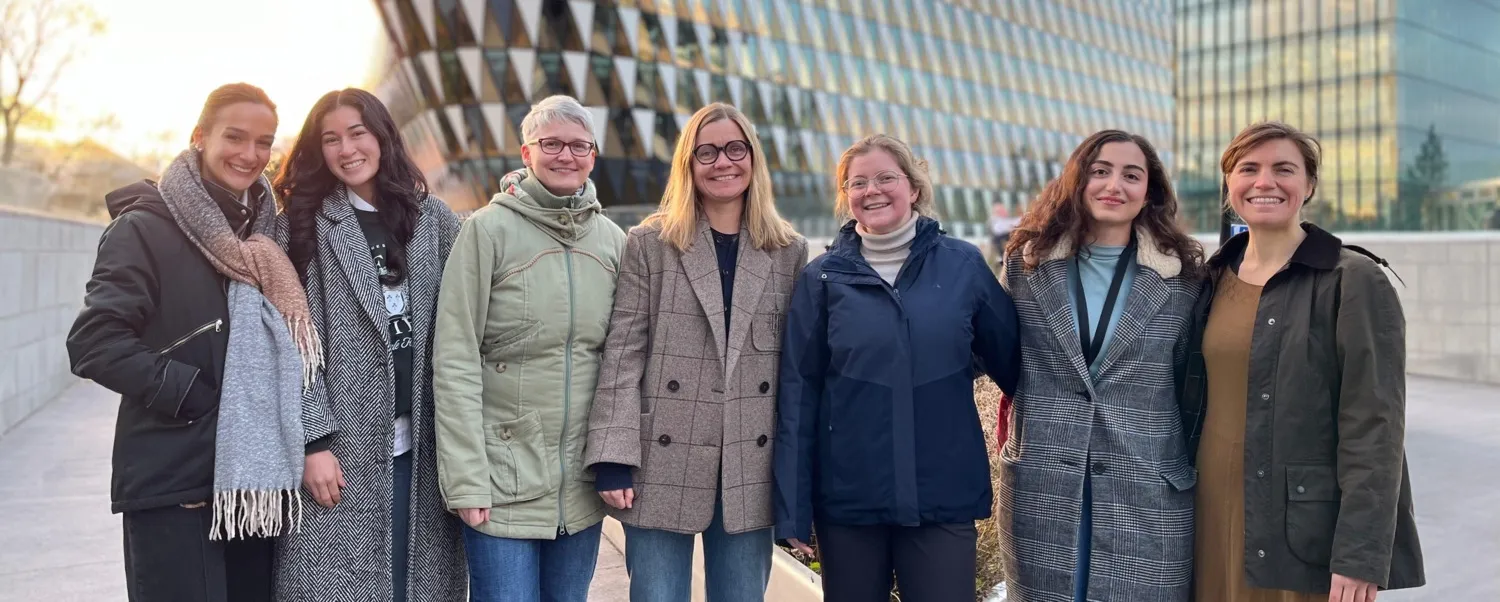Our research
Neuroblastoma is a highly heterogeneous pediatric cancer originating in the sympathetic nervous system and presents a significant therapeutic challenge. Despite intensive multimodal treatment, the prognosis for high-risk patients remains poor, particularly in cases of refractory or metastatic disease. There is therefore an urgent need for improved therapeutic strategies.
Increasingly, neuroblastoma is viewed as a disease of aberrant human development and arrested differentiation. Given the typically low differentiation grade of neuroblastoma cells, the use of agents that promote differentiation represents a promising treatment approach. Our research focuses on identifying novel therapeutic targets and relevant drugs that can either induce differentiation or inhibit metastatic progression. We also explore drug combinations that enhance the efficacy of current treatments. To achieve these goals, we utilize a variety of well-established preclinical in vitro and in vivo models, in combination with large-scale drug screening and advanced molecular biology techniques.
Several of our ongoing projects focus on developmental signaling pathways and proteins involved in neurogenesis, such as Rho/ROCK signaling and the teneurin family, to better understand their role in neuroblastoma tumorigenesis and therapeutic response.

